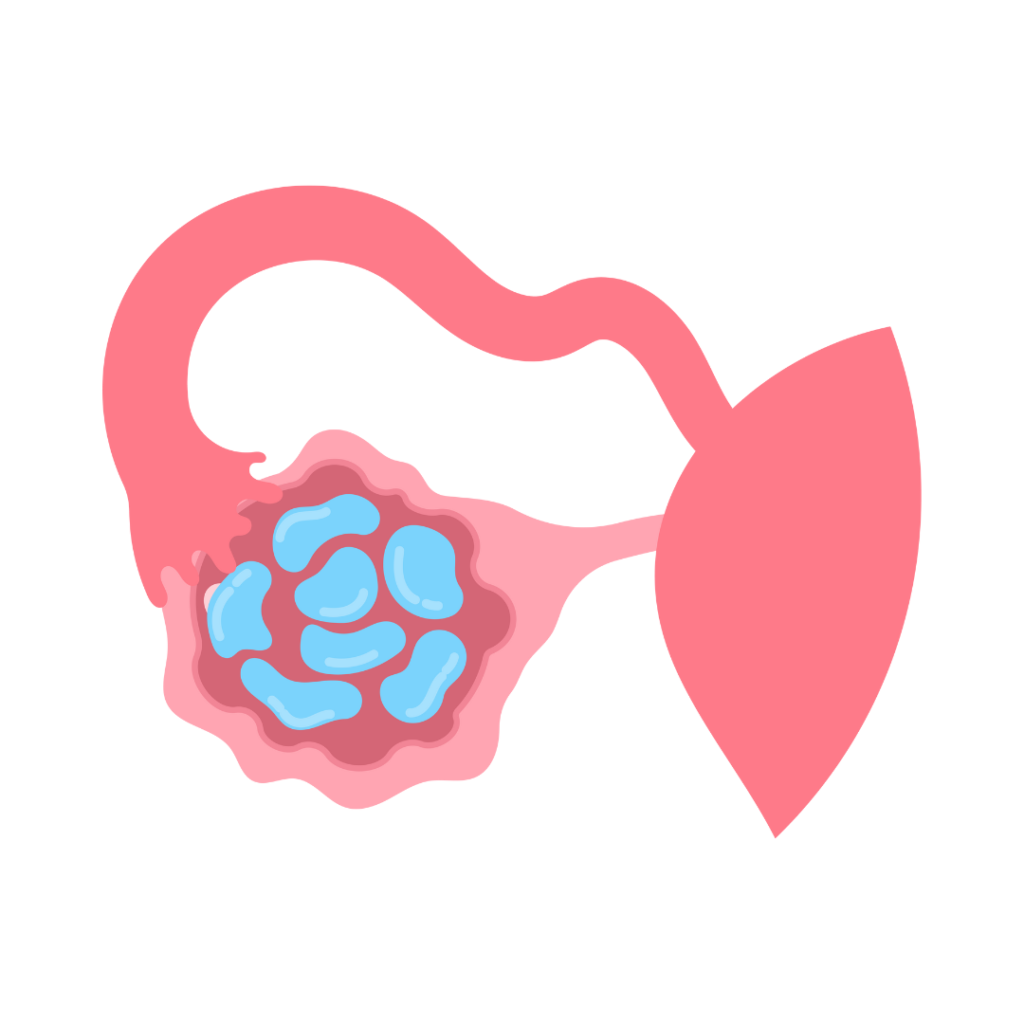Polycystic ovary syndrome (PCOS) is often associated with adult women, but it can significantly impact teenagers too. It’s estimated that up to 10% of adolescent females have PCOS, a hormonal disorder that can cause a range of symptoms, including:
• Irregular Periods: Missed periods, infrequent periods, or prolonged menstrual cycles.
• Excess Androgens: Elevated levels of “male” hormones can lead to acne, hirsutism (excess hair growth on the face, chest, or back), and male-pattern baldness.
• Polycystic Ovaries: The ovaries become enlarged and contain numerous small cysts.
• Metabolic Issues: PCOS is often linked to insulin resistance, which can increase the risk of weight gain, type 2 diabetes, and cardiovascular problems.




Why Early Diagnosis Matters for Teens
Early diagnosis of PCOS in teenagers is crucial for several reasons:
• Improved Quality of Life: Managing symptoms like acne and irregular periods can significantly improve a teen’s self-esteem and overall well-being.
• Reduced Long-Term Health Risks: PCOS can increase the risk of serious health problems later in life, such as:
Type 2 Diabetes: Insulin resistance is a key factor in the development of type 2 diabetes.
Cardiovascular Disease: PCOS is associated with an increased risk of high blood pressure, high cholesterol, and heart disease.
Infertility: Although not all teens are thinking about starting families, PCOS is a leading cause of infertility. Early intervention can help preserve future fertility options.
Endometrial Cancer: The uterine lining can thicken in women with PCOS, increasing the risk of endometrial cancer.
Sleep Apnea: This sleep disorder, characterized by pauses in breathing during sleep, is more common in those with PCOS, particularly if they are overweight.
Mental Health Concerns: Teenagers with PCOS may experience higher rates of anxiety and depression due to the physical and emotional challenges of the condition.
• Establishing Healthy Habits: Lifestyle changes, such as healthy eating, regular exercise, and stress management, are essential for managing PCOS. Early diagnosis allows teenagers to develop these healthy habits early on.

What Parents Can Do
If you’re concerned that your teenage daughter may have PCOS, schedule an appointment with her healthcare provider. The doctor can perform a physical exam, order blood tests to check hormone levels, and may recommend a pelvic ultrasound to examine the ovaries.
Remember: PCOS is a manageable condition. With early diagnosis, treatment, and healthy lifestyle choices, teenagers with PCOS can live full and healthy lives.
Call to Action: If you’re concerned that your teenage daughter may have PCOS, schedule an appointment with her healthcare provider.
